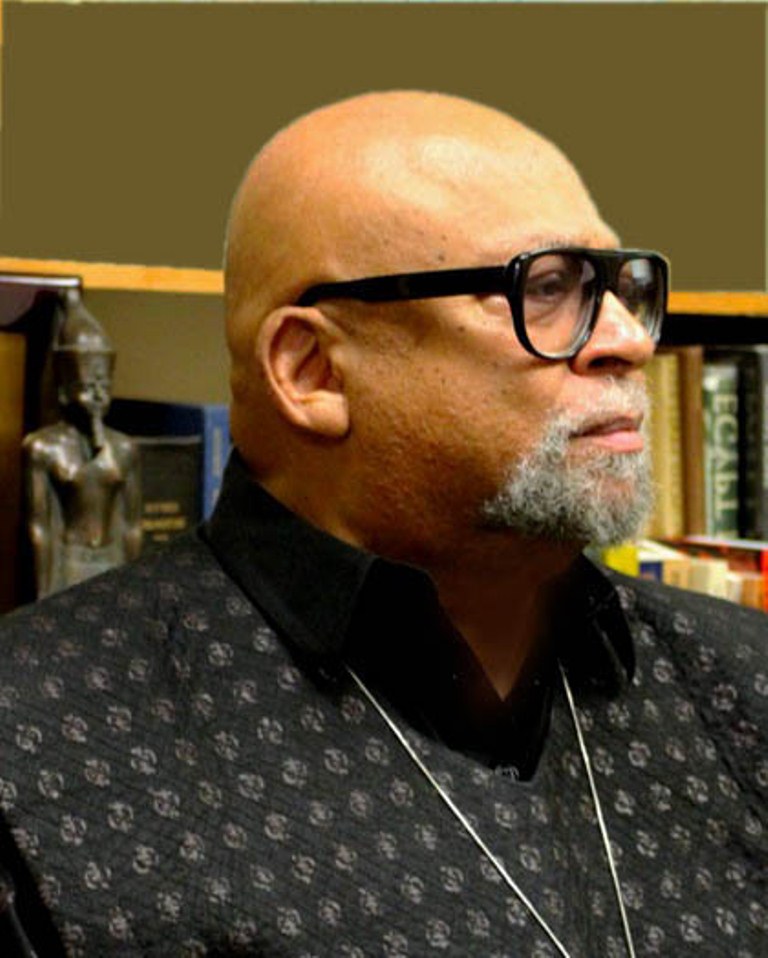
Tennessee Student is Centennial Scholar Recipient of Ossie Davis Scholarship
Earlier this month, after a rigorous selection process, the family of the late actors and activists, together with the United Negro College Fund (UNCF), announced that Lane College senior, Jade Allen, is the recipient of the Ossie Davis Legacy Scholarship. “We are always motivated by mom and dad’s love of education and what a struggle it was for each of them to get higher education and the sacrifices that their parents made,” Davis Day told NNPA Newswire.






